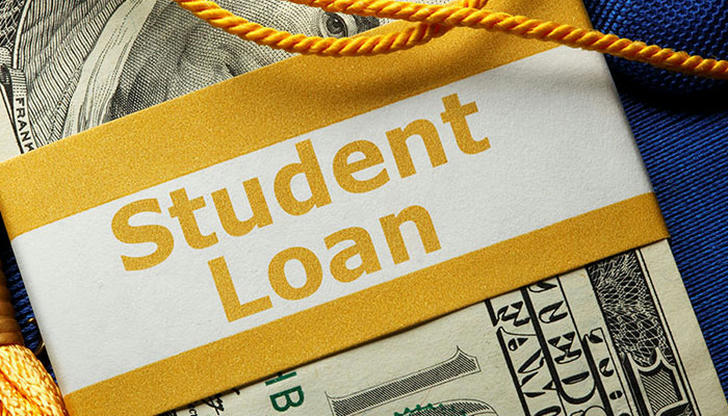Paying Off Student Loans vs. Investing: Which Should Come First?

Deciding between paying off student loans and investing can be tricky—there’s no one-size-fits-all answer. The right choice depends on your financial situation, goals, and personal preferences. Even when the numbers suggest one option is better, your comfort level with risk and debt can influence your decision.
To make the best choice, consider key factors like interest rates, potential investment returns, taxes, and your overall financial picture.
Key Factors to Consider

Interest Rates vs. Investment Returns
Debt costs money—interest adds up over time, increasing what you owe. Making extra loan payments helps lower your principal balance, reducing the total interest paid in the long run. At first glance, paying off student loans seems like the obvious choice. But it’s important to compare the cost of your debt with potential investment gains.
For example, if your student loan interest rate is 4%, your debt would accumulate $400 in interest on a $10,000 balance over a year. Meanwhile, investing that same $10,000 in a certificate of deposit (CD) with a 5% annual return would earn $500—giving you a $100 net gain. However, if your loan interest rate is 7%, it’s unlikely you’ll find a risk-free investment offering a higher return, making debt repayment the smarter move.
Risk Tolerance and Time Horizon

How comfortable are you with financial uncertainty? If you’re open to risk, investing in stocks could yield an average historical return of around 10% per year. But if you prefer certainty, paying down student debt provides a guaranteed return by eliminating interest costs.
Your time horizon also matters. If you’re close to paying off your student loans, clearing that debt faster might make sense. But if you have decades of payments ahead, delaying investing for too long could mean missing out on valuable compounding growth.
Consider how risk tolerance and time horizon overlap. If you're investing for retirement, a higher risk tolerance is reasonable since you have years to ride out market fluctuations. However, if you're saving for a near-term goal—like a home purchase—you may want to minimize risk and prioritize debt repayment.
Private vs. Federal Student Loans

Private student loans generally offer fewer benefits than federal loans, such as:
Income-driven repayment plans (IDR): These cap monthly payments based on income and forgive remaining balances after 20–25 years.
Public Service Loan Forgiveness (PSLF): If you work for a government or nonprofit employer, your federal loans may be forgiven after 120 qualifying payments.
Teacher Loan Forgiveness: Eligible educators at low-income schools may qualify for partial federal loan forgiveness.
Because of these options, it often makes sense to prioritize repaying private loans first, allowing you to maintain eligibility for federal loan forgiveness programs.
Tax Implications

Both paying off student loans and investing come with tax considerations:
Student loan interest deduction: You can deduct up to $2,500 in student loan interest per year, reducing your taxable income. Once your loans are fully paid off, you’ll lose this deduction.
Investment tax benefits: Contributions to traditional IRAs (up to $7,000 per year) may be tax-deductible. However, investment profits can also trigger taxes—short-term capital gains (profits from investments sold in under a year) are taxed at your ordinary income rate.
Your Financial Goals

Personal finance is just that—personal. Your decision should align with what matters most to you.
If becoming debt-free is your priority, focusing on student loan repayment might be worth it, even if investing offers higher potential returns.
If homeownership is a goal, reducing student debt could improve your mortgage eligibility.
If building long-term wealth is your main focus, investing earlier may help you take advantage of compound growth.
Prioritizing Student Loan Repayment

Pros:
✔ Lower total interest paid
✔ Improved credit eligibility
✔ Reduced financial stress
Cons:
✘ May miss out on higher investment returns
✘ Could forgo potential loan forgiveness benefits
✘ Lose the tax deduction for student loan interest
Prioritizing Investing
Pros:
✔ Higher potential returns over time
✔ Possible tax advantages
✔ Progress toward long-term financial goals
Cons:
✘ Risk of investment losses
✘ Less financial certainty
✘ Staying in debt longer
The Bottom Line
There’s no single right answer—both paying off student loans and investing have benefits and trade-offs. Your decision depends on your interest rates, risk tolerance, time horizon, and financial goals. Weigh these factors carefully and, if needed, consult a financial advisor to determine the best approach for your situation.
